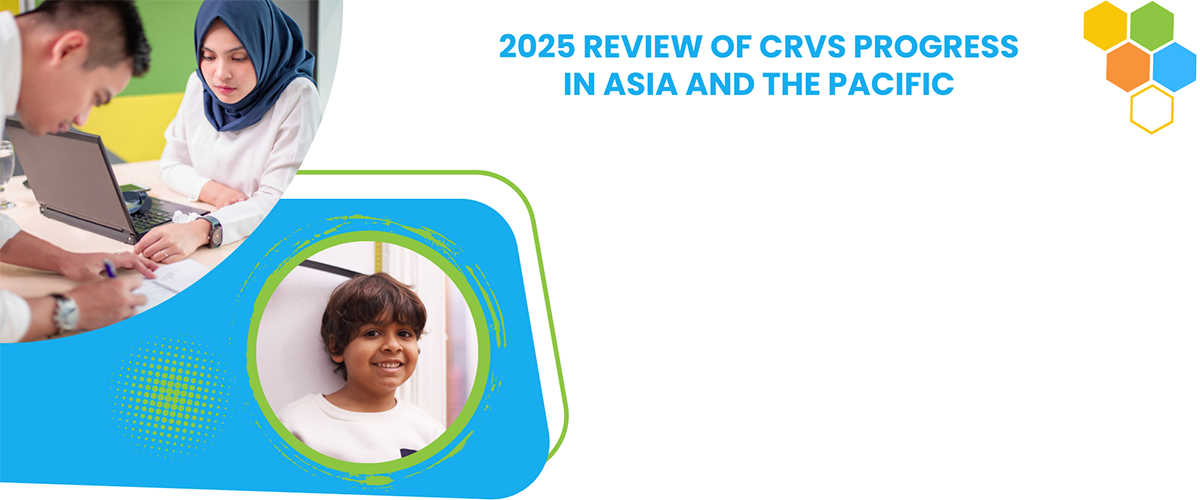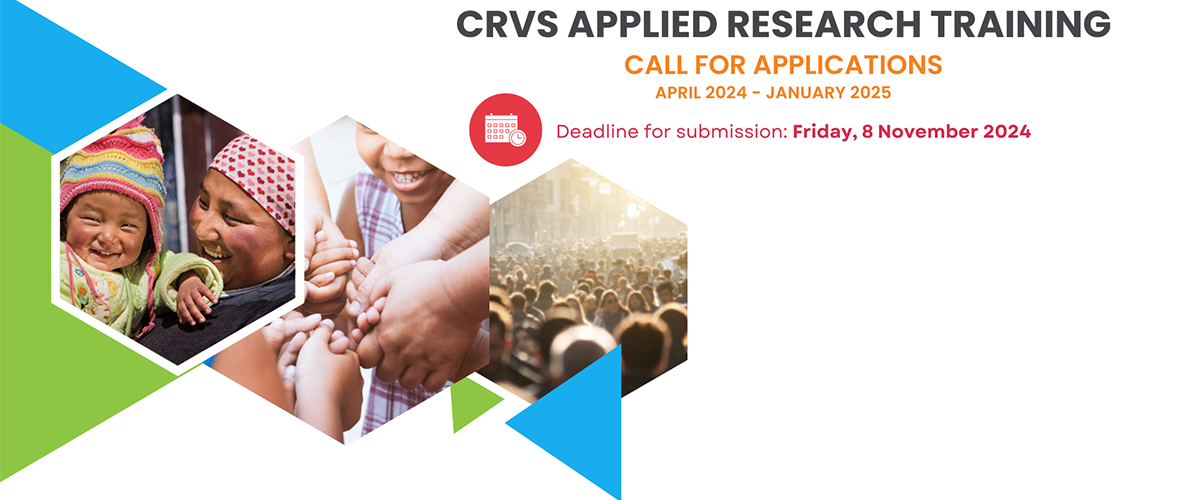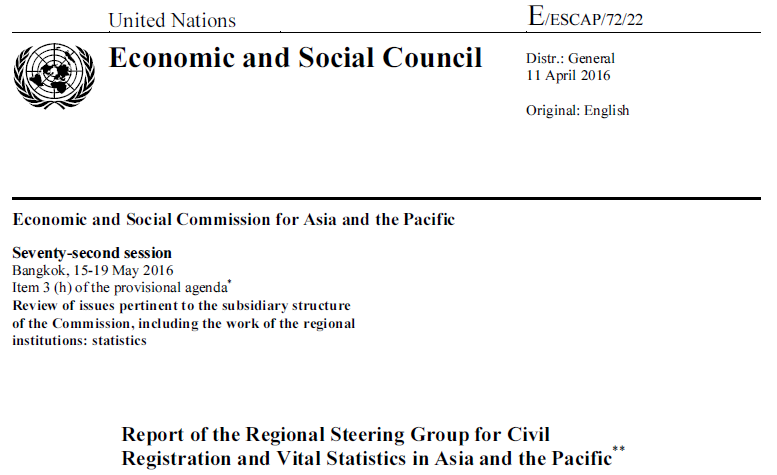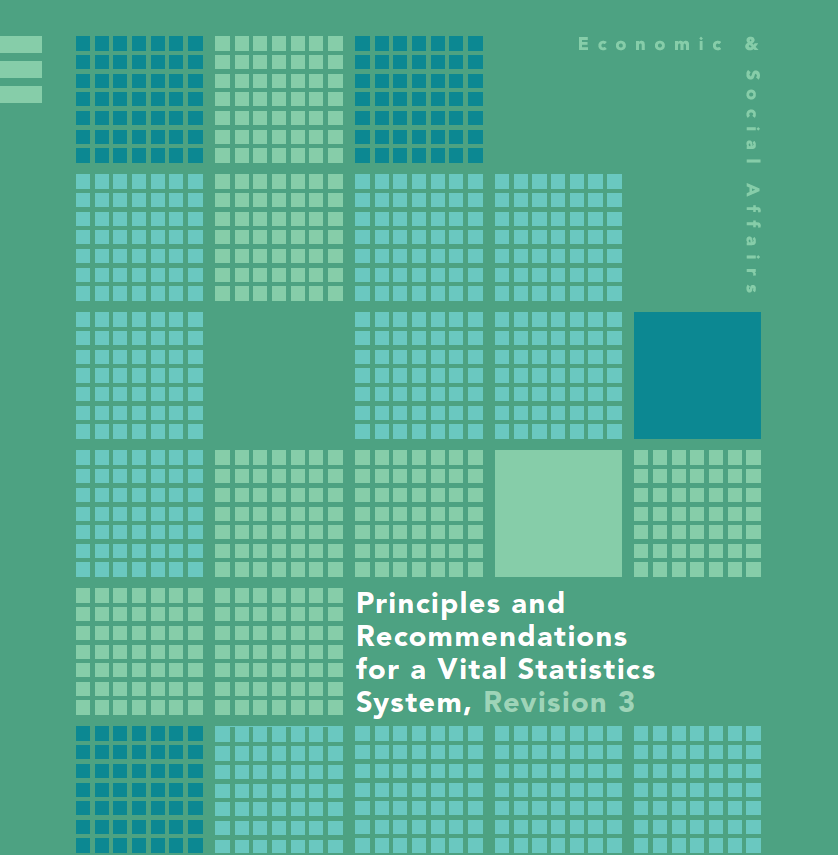Workshop for Pacific CRVS teams
Since the Pacific Vital Statistics Action Plan was first developed in 2011, Pacific countries and territories have made significant improvements in the collection, analysis and reporting of data on births, deaths and causes of death through routine administrative data systems. There has also been a growing recognition of the importance of birth and death registration for human rights, social inclusion, good governance and ultimately as a foundation for data linkage for a whole range of social statistics for development.











